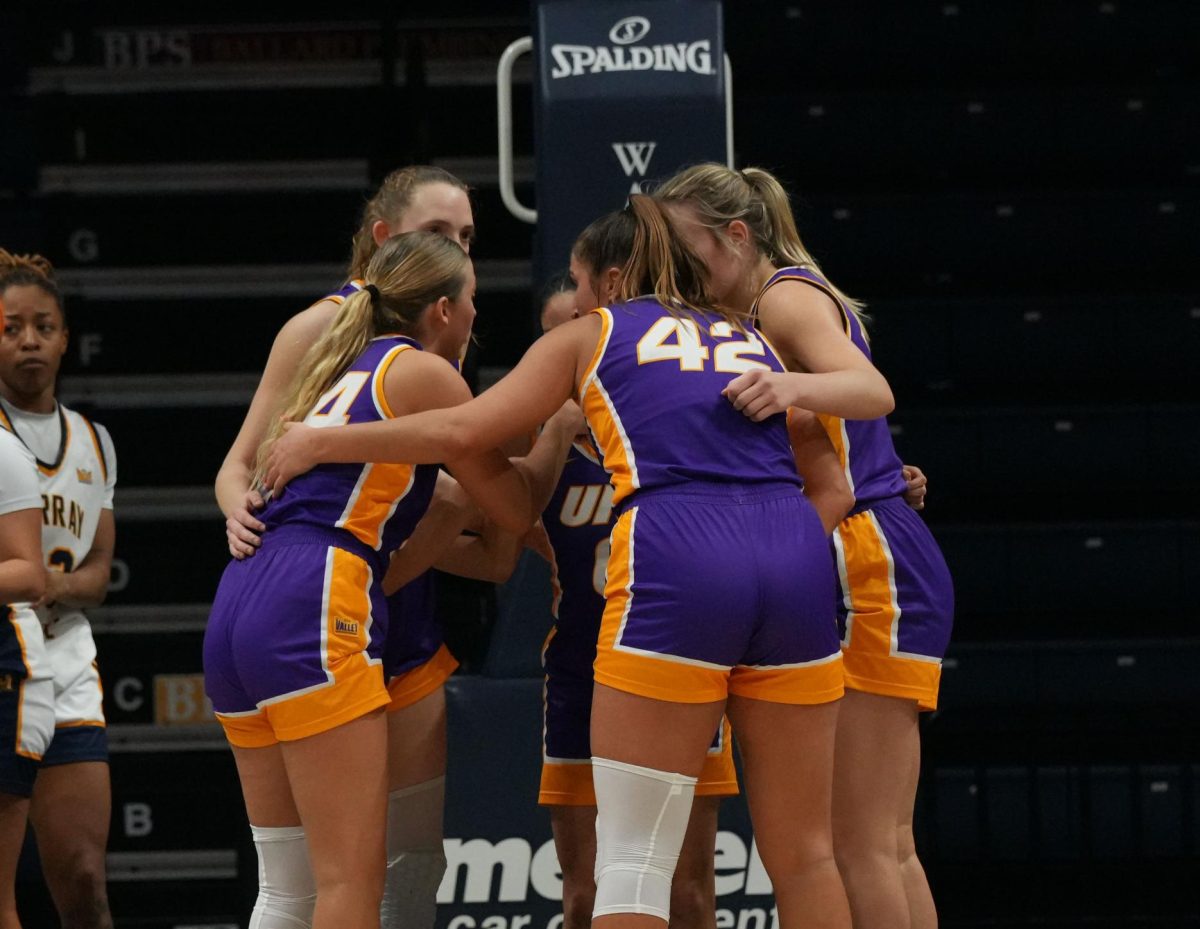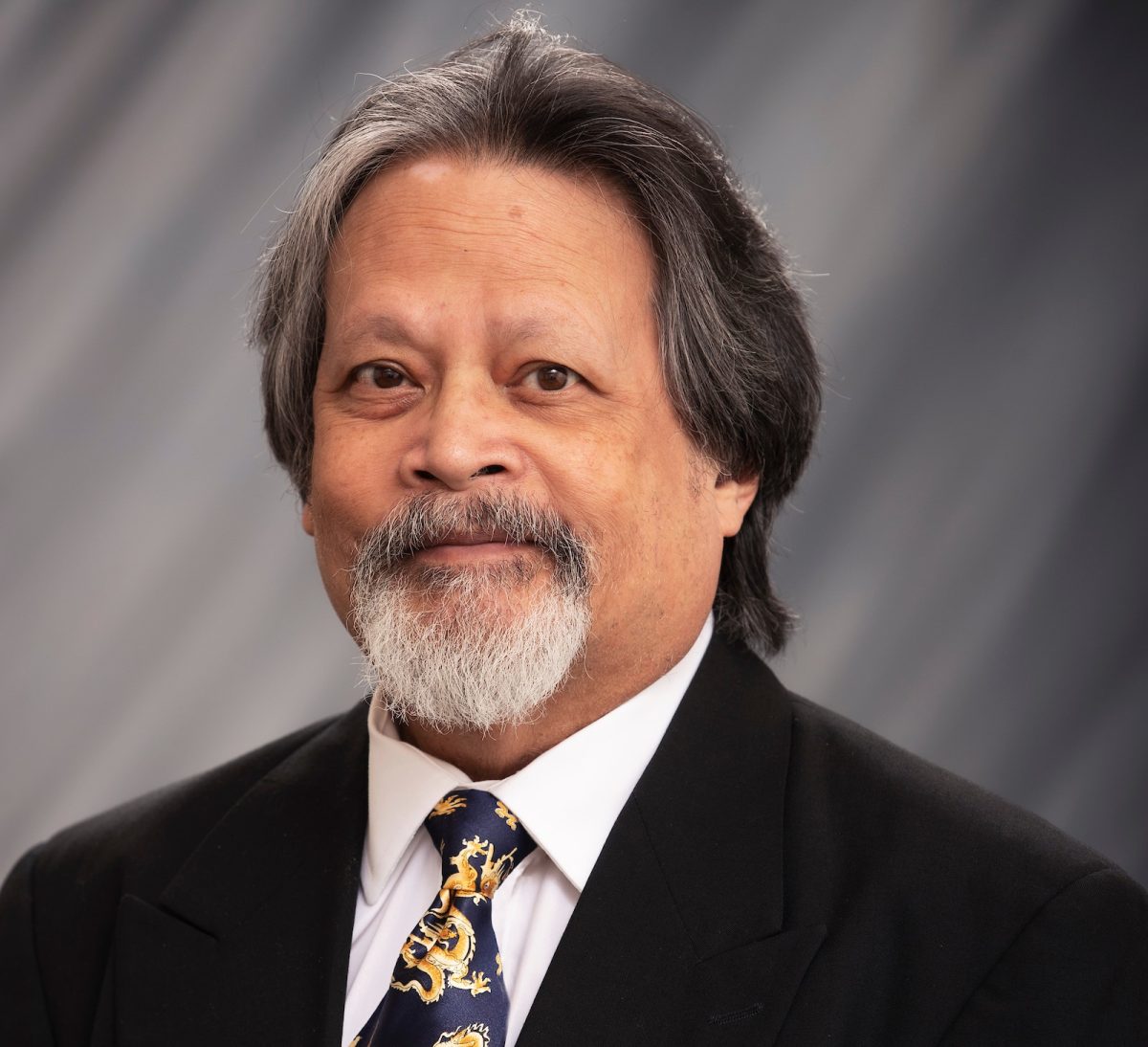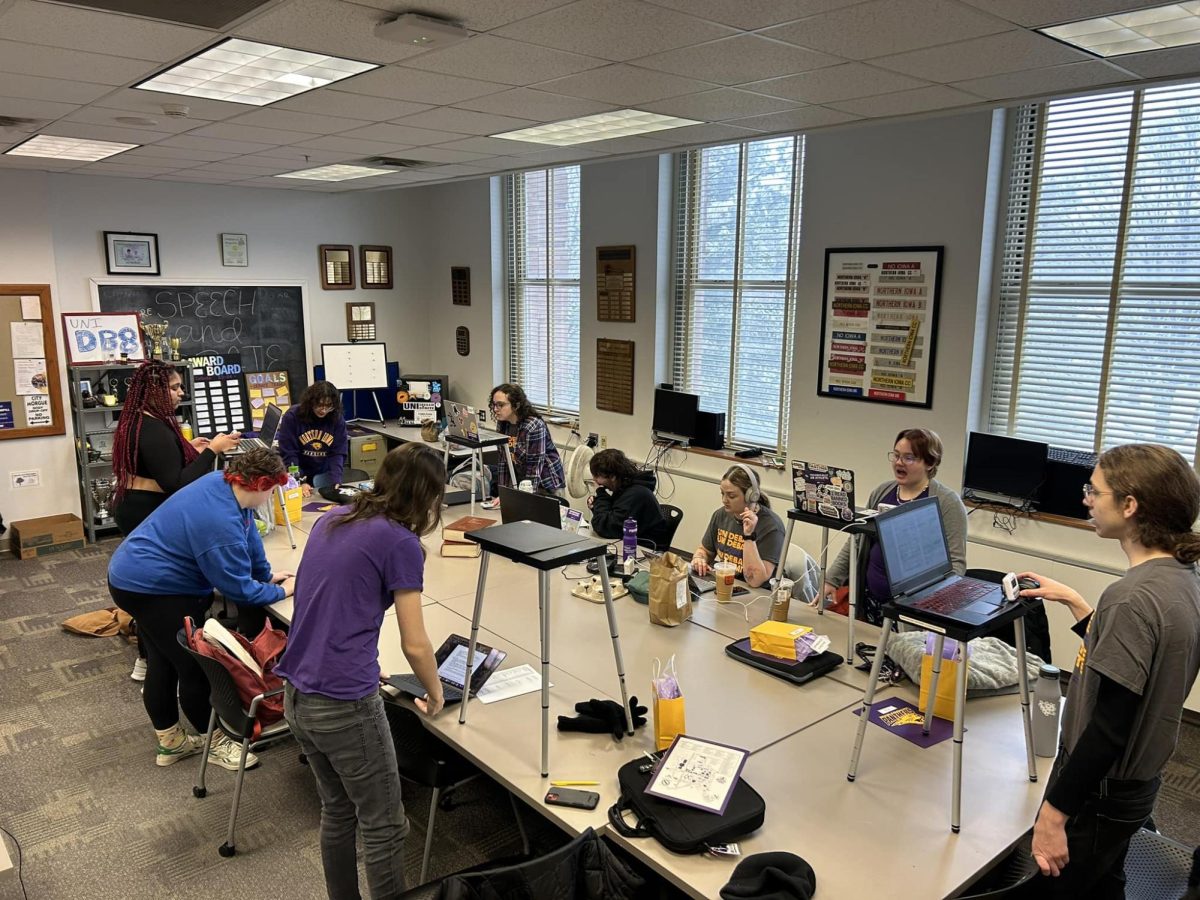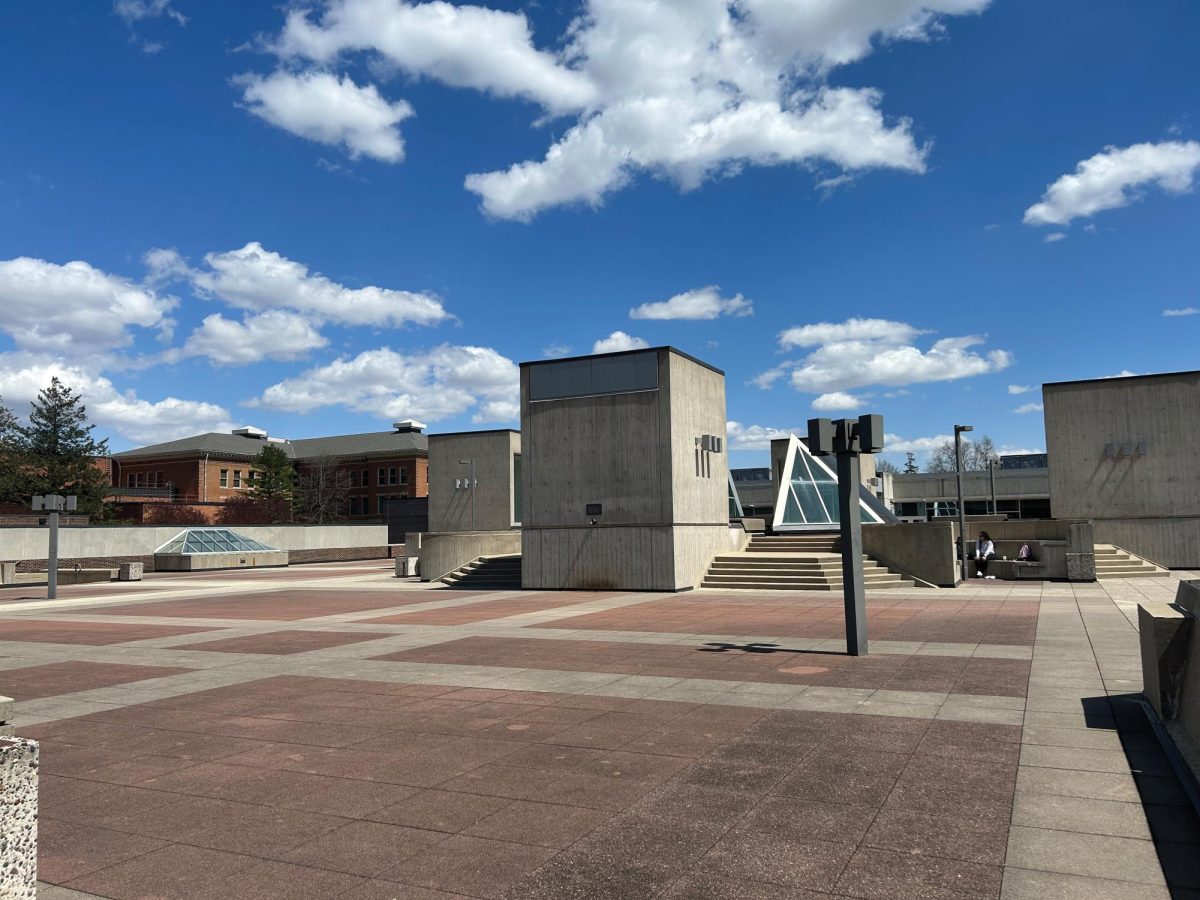The University of Northern Iowa’s Students Against a Violent Environment held a sexual violence awareness and self-defense event in the Maucker Ballroom Oct. 28 at 7:30pm to teach participants not only how to protect themselves physically, but also the psychological weapons needed to keep them safe.
Stacilyn Chananie-Hill, a Cedar Falls resident, gave both a lecture and a hands-on demonstration of self-defense skills. The event was free of charge and open to members of the UNI community.
Stacilyn Chananie-Hill was a graduate of Southern Illinois University, majoring in psychology. As a survivor of sexual assault, she has always felt a need to be proactive in its prevention. Specifically, she saw the relationship between having a passive, nice personality type and being an easy victim.
Chananie-Hill is currently an outreach educator, researcher, and advocate in sexual violence prevention and is a certified self-defense instructor.
Chananie-Hill teaches a few main points in her lectures. She aims to give a range of statistics, experiences and philosophies, which come from public sources like the FBI and intimate ones such as her clients, to inform and protect her audience from the dangers of sexual assault.
She believes in psychological preparedness as being the most important tool to safety. This includes being aware of one’s surroundings and not acting like a victim. Maintaining a firm voice and body language will keep an attacker from assuming one as weak.
“Predators look for easy prey,” she said.
She continued to explain the many misconceptions about sexual violence. While many picture rape as a strange man overtaking a woman in a dark parking ramp, 80 to 85 percent of all rape victims know their attacker personally or have met them previously.
Alcohol is the most common tool for rape, with over 70 percent of women being lured into attack by it.
Persons ages 12 to 24 are most likely to be raped and every 45 seconds, someone in the United States has fallen victim to some form of sexual abuse. Although only a small number of rapes have been reported at UNI (4 in 2008 according to the University’s annual report) many go unreported.
Since two-thirds of all sexual assaults in the Midwest are on or near a college campus, this is a relevant issue for those attending UNI and living in the Cedar Valley area.
According to Chananie-Hill, sexual crimes occur in the midst of a progression of violence. What might start out with cyber-stalking and phone calls can quickly escalate to physical harm, harassment and even murder. Both men and women are equally as likely to be stalkers.
The main precursor in Chananie-Hill’s eyes to sexual crimes is the presence of emotional abuse. All rapes involve emotional abuse and control. Sometimes, emotional or psychological abuse is subtle and hard to identify. In general, emotional abuse leaves the victim feeling helpless, “not good enough,” guilty and in a position where he or she feels the need to pacify his or her attacker. Forms of this kind of abuse include name-calling, put-downs, unresponsive or cold treatment when one doesn’t get his or her way, withholding love or affection when one doesn’t get sex or physical intimacy, and not hearing the word “no.”
If one finds oneself in the situation of a possible rape, it is important to take action. Show no fear and firmly say “no” to any advances. If that doesn’t work, then physical defense is an option.
“If you come out alive, you’ve done the right thing,” said Chananie-Hill.
After sexual violence has occurred, many people don’t know what to do. Some may choose to report the crime, while others may not. If one chooses to report, Chananie-Hill has some words of wisdom.
First, go to a medical professional. Even if one decides not to report, it is critical to preserve one’s health in case of infections, bruising, or diseases like AIDS or syphilis. Don’t shower after the assault or change clothes. Both may reduce the amount of evidence that can be collected.
Seeds of Hope, a local charity organization, will provide clothes if none were brought to change into after examination. Bring someone for support to the hospital or police station. Finally, don’t be ashamed to seek help. In Chananie-Hill’s words, “The only person to blame is the attacker.”
Emilynn Schmidt, a senior psychology major, is a member of SAVE and was in attendance for the event. Even she was shocked by some of the updated statistics on sexual assault, though she is very familiar with them.
“Be aware of your surroundings. The fact you are educated makes you less likely to be attacked,” she said.
SAVE also played a part in Tuesday night’s proclamation signing in the Gallagher-Bluedorn Performing Arts Center. On Tuesday night at 6:30, UNI President Benjamin Allen and Northern Iowa Student Government President Adam Haselhuhn and Vice-President Jake Rudy signed a proclamation making October Dating Violence Awareness Month on the UNI campus.
For more information on both SAVE and resources at UNI and in the Cedar Valley area, contact Violence Intervention Services at 273-2137 or at their Web site, www.uni.edu/wellrec/wellness/sexualabuse.






